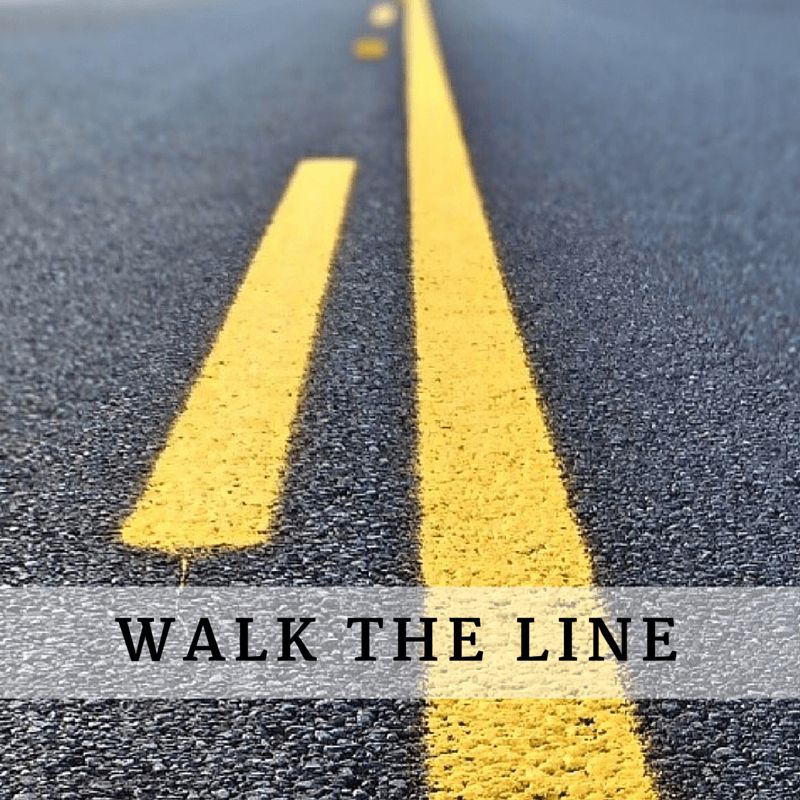
Every day, people get up and get ready for work. We look in the mirror, and evaluate what we see. Hopefully, we like what we see, even if we know there are things we can do better, things we can improve.
I have to imagine that everyone starts from a place of hope and promise when we look in that mirror. Believing in our own potential; the ability to face the world head-on and make it better.
How do you get to a point where it’s hard to look in the mirror? Unsure whether you have become the kind of person you thought you would? It may not be a big bang. It may be a series of small decisions that take you down a road you did not intend.
It is important that all of us know what we can live with. Set expectations and boundaries for ourselves that we hold sacred. As we grow and learn, we may flex on some things or evolve our understanding. But having a line, one we don’t move lightly, is key.
As a leader of people, this is so important. Navigating internal policies and politics, laws and regulations, cultural expectations and our own can be a minefield. We need to have a true north or we can easily lose our way.
When I worked for the Marine Corps, things were pretty straight-forward. There were checks and balances around key processes to ensure you did not end someone’s career by mistake. Of course, this is the government we’re talking about, so generally you couldn’t end a career on purpose either. But I digress.
Following the Marine, Corps, I went to work for a consulting company as a program manager. All I wanted was to make my way back up to a leadership position. I missed having a team.
Soon I had my wish. And quickly wished I hadn’t. The company went into a nosedive, losing 99% of it’s value practically overnight. The dot-bust was upon us.
The management team was pulled together all across the company. We would be laying off good portions of the organization, but we couldn’t tell anyone. This was my first experience with layoffs and I had so many questions. There were no answers to be had.
My team and I were located in an area saturated with technology resources and a high unemployment rate due to the bust. Given what is happening with US unemployment now, that may not sound surprising. At the time, it was unprecedented.
My team was comprised of recent graduates, new to the workforce. They would be competing with experienced resources flooding a limited market. And I could not tell them to get their resumes ready or hold off on that new car.
I had no experience to draw on. There was no talk of how to prepare folks for what was coming or what would be offered in terms of assistance. Instead, we were left to figure out how to manage the damage the best we could.
I left the company soon after, doing what I could to help my team with their own transitions. I did not break the rules. I simply could not agree to them and live with myself. So I changed the nature of the arrangement.
I went back to program management, unsure whether I would be willing to lead people again in the private sector. I eventually did, with more awareness of what would be expected and exactly what I could live with.
It is possible to balance personal expectations and be a good steward to a company. However, without training or guidance, it can be difficult to figure out HOW.
That is where my former company fell down. They left me on my own and, as a new manager in corporate America, leaving the how to interpretation is a scary prospect. Not knowing the how, I let my own expectations guide me.
I can imagine there are those out there who did not have solid personal expectations, were not given the how and were thrown into a situation like mine. When the path ahead is unclear, you may take whatever road is presented to you.
That is why personal expectations are so critical. When you do not have any other direction on where to go, let them be your guide.
Is there enough support out there for new managers to help them prepare for tough situations? Please share your experience or thoughts in the comments and keep the conversation going.








